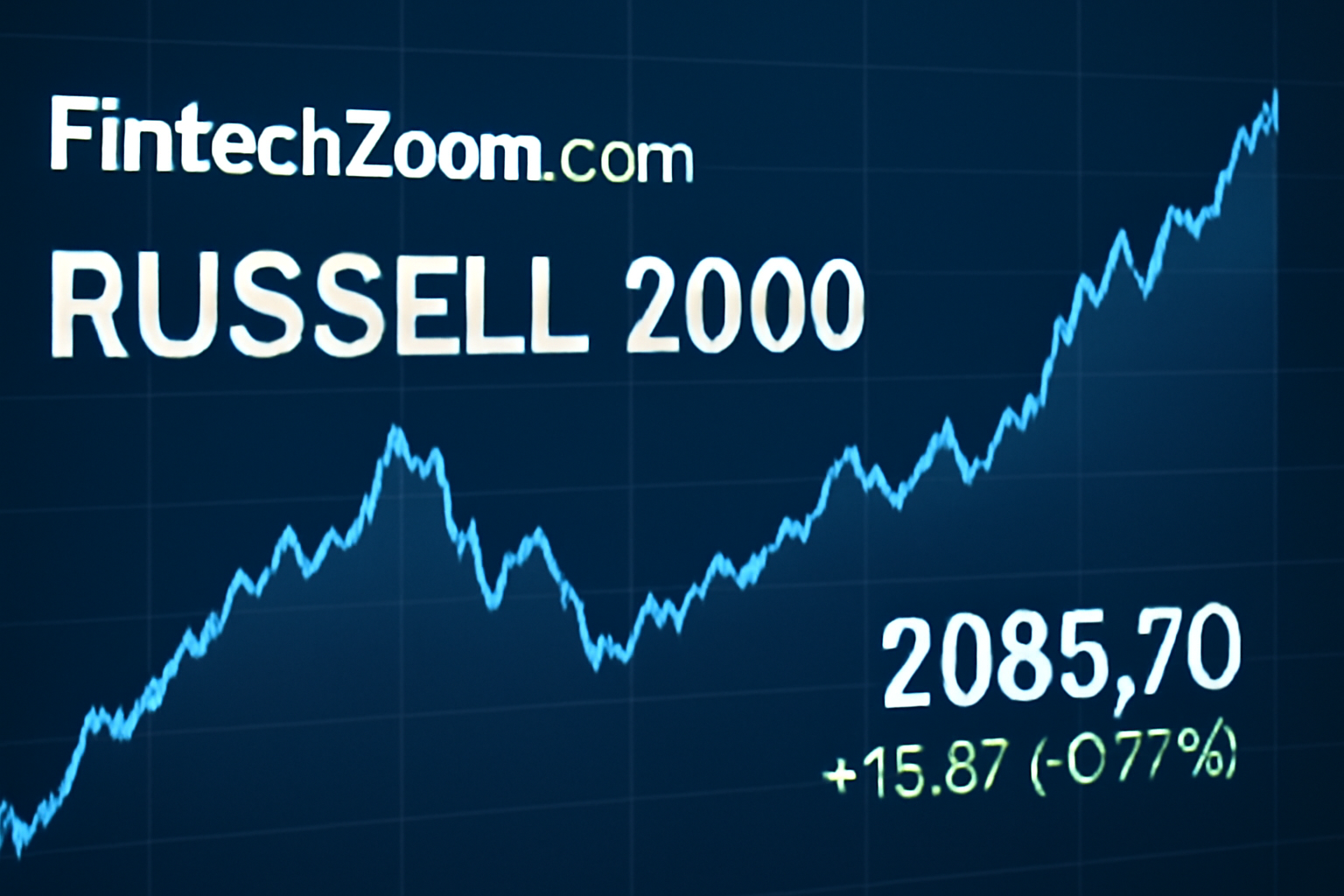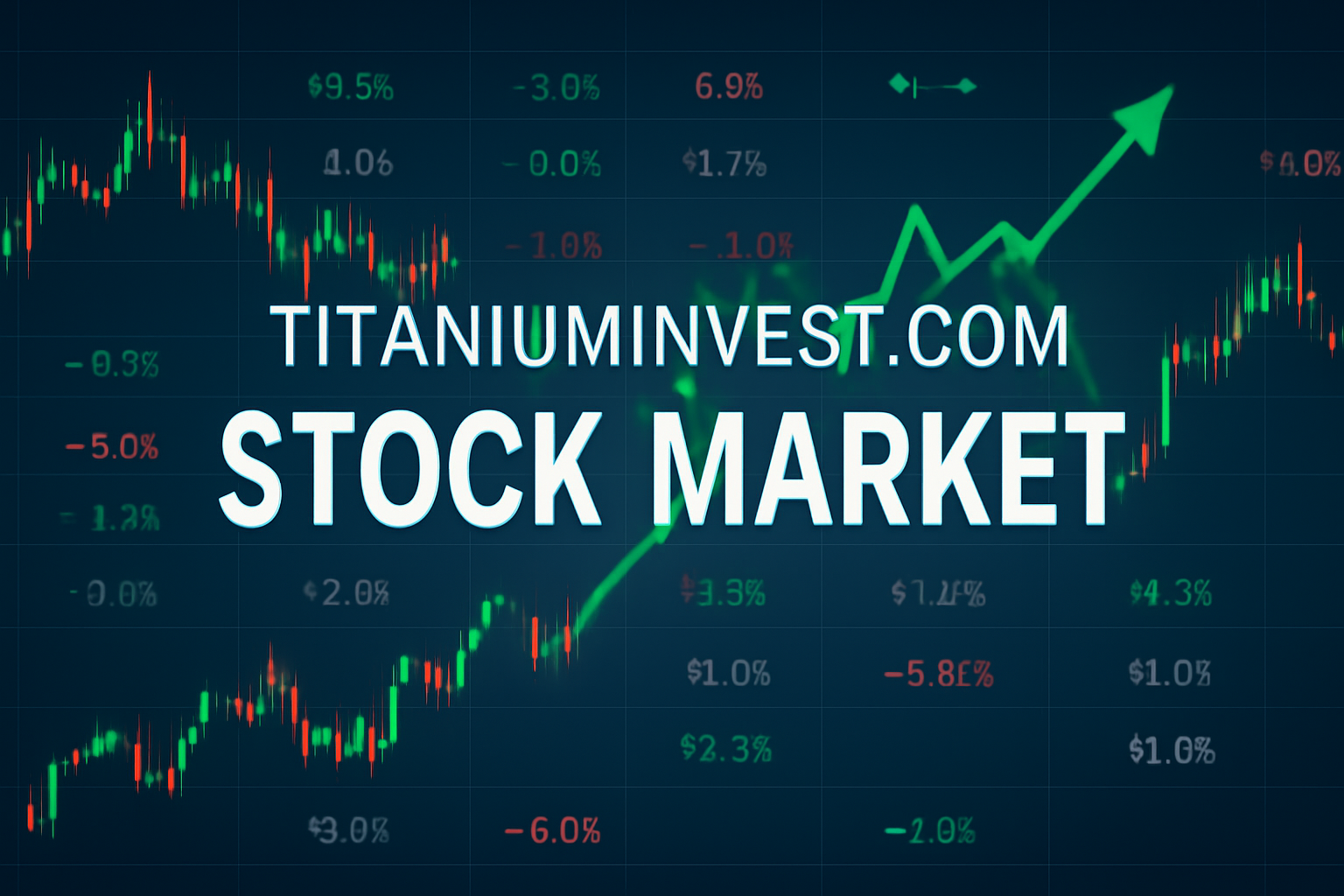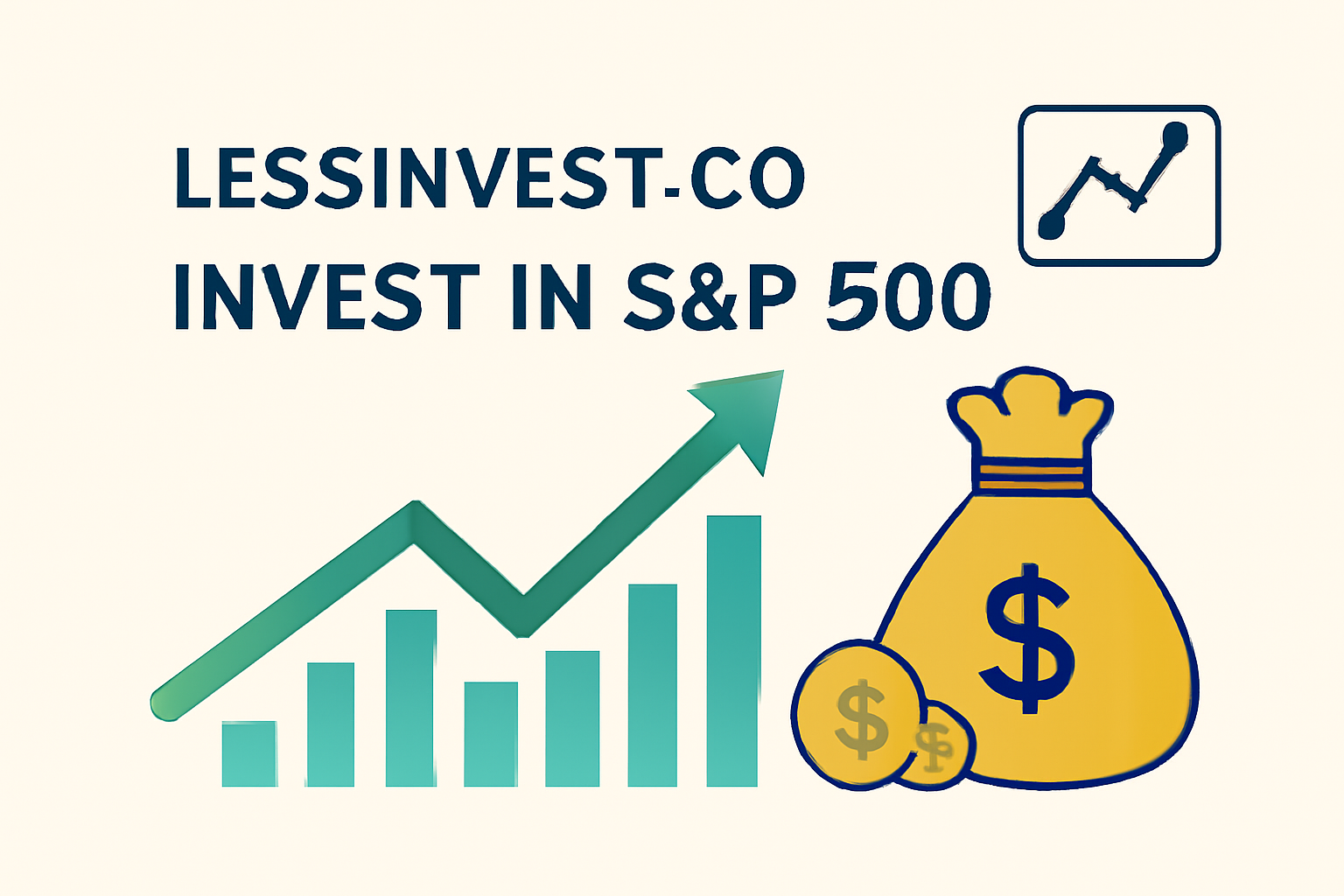The Russell 2000 Index is an essential benchmark for understanding the performance of small-cap stocks in the United States. It represents the 2,000 smallest companies in the broader Russell 3000 Index, which covers the largest 3,000 stocks in the U.S. This article delves into the importance, composition, performance, and investment opportunities tied to the FintechZoom.com Russell 2000, helping investors grasp its significance and how it can be used as a gauge for economic conditions and portfolio diversification.
What is the Russell 2000 Index?
The Russell 2000 Index is a stock market index that tracks the performance of 2,000 small-cap companies. It is part of the broader Russell Index family, which also includes other indices like the Russell 1000 (tracking large-cap stocks) and the Russell 3000. The companies in the Russell 2000 Index have market capitalizations between $300 million and $2 billion, making it a valuable gauge of the U.S. small-cap market. Investors and financial analysts widely use the FintechZoom.com Russell 2000 as a barometer for small-cap stock performance.
The Importance of Small-Cap Stocks
Small-cap stocks are often seen as riskier than large-cap stocks but have the potential for higher growth. Companies in the Russell 2000 Index tend to be in their early growth stages and are more sensitive to changes in the economy. This makes them a useful tool for measuring economic shifts and predicting future market trends. Unlike large-cap companies, which are often more stable, small-cap stocks can experience rapid growth due to their nimble operations and potential for innovation.
Composition of the Russell 2000 Index
The Russell 2000 Index is composed of the smallest companies in the Russell 3000, making it incredibly diverse in terms of industries and sectors. The index is weighted based on market capitalization, meaning larger companies have a greater impact on the index’s overall performance. Here’s a breakdown of the sectors represented within the FintechZoom.com Russell 2000:
-
Technology: A significant portion of small-cap stocks in the Russell 2000 comes from the tech industry, including companies involved in software, hardware, and information technology services.
-
Healthcare: Many healthcare startups, particularly in biotechnology and medical devices, contribute to the Russell 2000.
-
Consumer Goods: Companies in retail, food production, and consumer services also make up a part of the index.
-
Financial Services: Small banks, insurance companies, and fintech startups are included, reflecting the growing sector of financial innovation.
-
Energy and Industrials: A range of energy companies, from renewable energy firms to traditional oil and gas producers, is part of the index.
Why Is the Russell 2000 Important?
The Russell 2000 is not just another stock market index; it plays a crucial role in understanding the broader economic landscape. Here’s why the FintechZoom.com Russell 2000 matters:
1. Economic Indicator
Small-cap stocks are highly sensitive to domestic economic conditions. When the economy is growing, these companies tend to perform well because they benefit from an increase in consumer spending and demand for their products and services. On the other hand, small-cap companies often face greater challenges during recessions, as they might lack the financial stability and resources of larger corporations. By monitoring the Russell 2000, investors can gain insights into the economic climate and the overall health of the U.S. economy.
2. Growth Potential
Investing in small-cap companies offers the potential for high returns. The Russell 2000 index often includes companies that are in the early stages of growth, which means that they may experience rapid expansion as they scale their operations. Small-cap stocks are known for their higher volatility, but they also present opportunities for significant capital gains.
3. Diversification for Investors
The Russell 2000 is also valuable for portfolio diversification. Including small-cap stocks in an investment strategy helps spread risk, as they often behave differently than large-cap stocks. By investing in the FintechZoom.com Russell 2000, investors can achieve a more balanced portfolio with exposure to a broader range of industries and companies at different stages of their growth cycle.
How to Invest in the Russell 2000
If you’re interested in investing in the Russell 2000, you have several options. Here are the primary ways to gain exposure to this index:
1. Exchange-Traded Funds (ETFs)
One of the most common methods for investing in the Russell 2000 is through ETFs. These funds track the performance of the index and allow investors to buy a share in a diversified group of small-cap companies. Popular ETFs that track the Russell 2000 include the iShares Russell 2000 ETF (IWM) and the Vanguard Russell 2000 ETF (VTWO). ETFs are an affordable and accessible way for individual investors to gain exposure to small-cap stocks without having to pick individual companies.
2. Mutual Funds
In addition to ETFs, there are also mutual funds that aim to mirror the performance of the Russell 2000. These funds allow for diversified exposure to the small-cap sector, and they are managed by professional fund managers.
3. Direct Stock Investment
For more hands-on investors, buying individual stocks of companies that make up the Russell 2000 is another option. This approach requires research and careful selection of stocks but offers the potential for higher rewards if you can pick successful small-cap companies.
Recent Performance of the Russell 2000
The Russell 2000 has experienced fluctuating performance over the years. Small-cap stocks are generally more volatile, and their prices can swing significantly based on market conditions and economic events. Recently, the FintechZoom.com Russell 2000 has shown signs of recovery, especially as the U.S. economy continues to bounce back from the effects of the pandemic.
Performance Metrics
-
As of July 17, 2025, the iShares Russell 2000 ETF (IWM) is trading at $221.02 USD, reflecting a 1.01% increase from the previous close.
-
The Russell 2000 has historically outperformed larger indices like the S&P 500 during periods of economic growth, but it also faces more risk during economic slowdowns.
Key Takeaways
-
Economic Sensitivity: The FintechZoom.com Russell 2000 is a key indicator of the health of the small-cap sector, and by extension, the U.S. economy. Investors can use it to assess economic trends and make informed decisions.
-
Investment Potential: Small-cap stocks in the Russell 2000 offer significant growth potential but also come with higher volatility and risk.
-
Diversification: By including the Russell 2000 in an investment portfolio, investors can diversify their holdings and increase exposure to small-cap companies across various industries.
Conclusion
The Russell 2000 Index is a vital tool for investors seeking to understand the small-cap sector and its role in the broader U.S. economy. Through the FintechZoom.com Russell 2000, investors can gain valuable insights into the performance of smaller companies, making it an important component for building diversified portfolios. Whether you choose to invest through ETFs, mutual funds, or direct stock selection, the Russell 2000 offers a wealth of opportunities for growth and diversification.
For more detailed information and live updates, you can visit the FintechZoom.com Russell 2000 page.








Leave a Reply